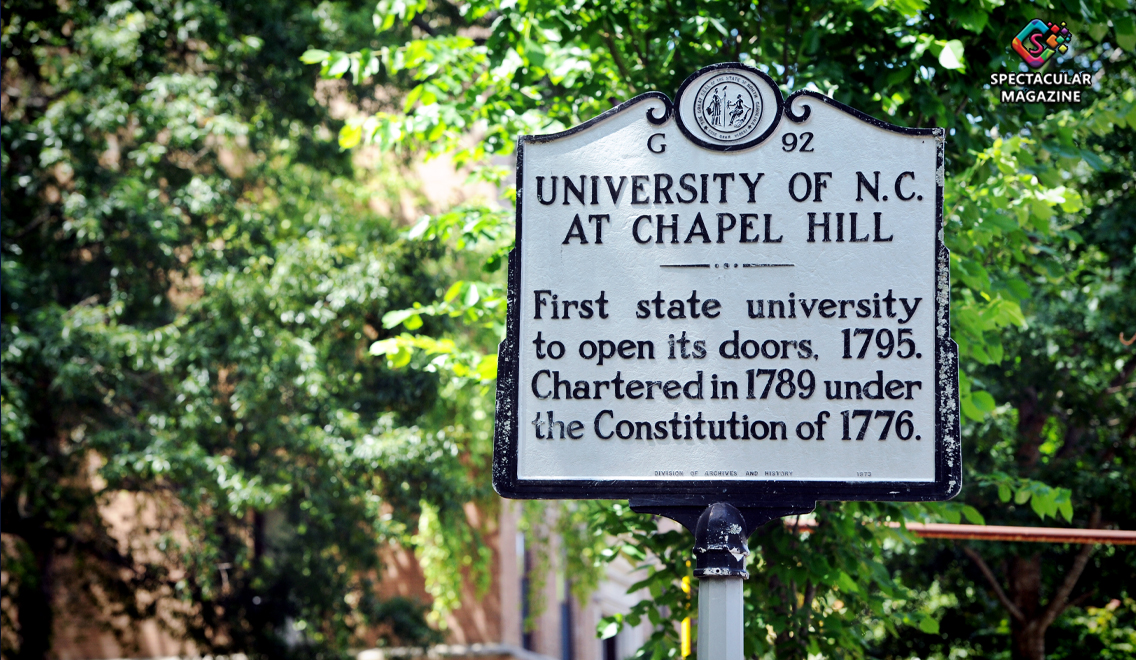Trial Over Affirmative Action Admissions At UNC Begins Monday In NC
Winston-Salem, NC – The undergraduate admissions process at the University of North Carolina at Chapel Hill will be scrutinized in a federal courtroom over the next two weeks as a trial about affirmative action gets underway Monday (Nov. 9), according to the Wall Street Journal.
The case, being heard before U.S. District Judge Loretta C. Biggs in Winston-Salem, NC, centers on an allegation that UNC’s flagship campus violates civil rights law by weighing race too heavily in its admissions decisions, favoring Black and Hispanic applicants over more qualified white and Asian-American candidates.

(Photo: Brian Snyder/Reuters)
The lawsuit was filed in 2014 by Students for Fair Admissions, a nonprofit group backed by conservative legal activist Ed Blum. That group was also behind an affirmative action lawsuit against the University of Texas at Austin that led to a Supreme Court decision backing the university, and a suit against Harvard University now awaiting an appellate court ruling. A federal district judge ruled in favor of Harvard in 2019.
Unlike the Harvard suit, which focused on whether Harvard held Asian-American applicants to a higher standard than applicants of other races, the lawsuit against UNC is more of a dispute over the size of preferences for Black, Hispanic, and Native American applicants, compared with white and Asian-American applicants. The plaintiffs also allege that UNC didn’t fully pursue race-neutral alternatives to diversify its student body.
Students for Fair Admissions said in court filings that its analysis of UNC’s admissions data showed race and ethnicity were a “determinative” factor for many underrepresented minorities, particularly for those applicants from outside the state.
The Supreme Court has ruled that universities can use race as a “plus” factor in admissions in order to achieve the educational benefits of diversity, but must evaluate each applicant individually and not consider race as the defining feature of the application.
UNC has said it uses a holistic approach to admissions, with readers assessing applicants in categories including academic performance, extracurricular activities, and personal qualities like “curiosity, integrity, and history of overcoming obstacles.”
The school said race has no numerical or fixed weight at any point in the review, and not all applicants even specify their race.
Students for Fair Admissions, which says its membership includes several applicants who were denied admission to Chapel Hill, is asking the court to prohibit UNC from considering race as a factor in future admissions decisions.
The group will call Duke University economist Peter Arcidiacono to take the stand, reprising his role from the Harvard trial where he also analyzed years of admissions data. Century Foundation fellow Richard Kahlenberg, who supports preferences based on socioeconomic status rather than race and provided an expert report in the Harvard case, will also appear for the plaintiffs.
Key witnesses for UNC include Stanford University economist Caroline Hoxby, Bridget Terry Long of the Harvard Graduate School of Education, and Stephen Farmer, UNC’s vice provost for enrollment and undergraduate admissions.
The plaintiffs are expected to focus on the gap in average SAT scores and grade point averages when admitted students are grouped by race, which they say indicates a heavy preference for Black and Hispanic applicants.
At trial, they likely will also highlight the fact that UNC considered but decided not to pursue a race-neutral approach to diversification that would have admitted students in the top 10% of their high school classes.
UNC said in a court filing that it determined switching to the Top 10% method would lead to a marginal increase in racial diversity but a decrease in certain “indicators of academic quality,” across a large share of students. The school also only applied the possible Top 10% plan to in-state students who provided class rank and has said it couldn’t use the approach for nonresident applicants.
Students for Fair Admissions has argued in court filings that UNC does a disservice to underrepresented students who are admitted with lower grades or test scores because they are out of their depth when they enroll.
UNC dismissed that argument, known as “mismatch theory.” School data show that the graduation rate for Black men is lower than that for white men, but that Black women have a higher graduation rate than white men. There is also a gap in graduation rates for first-generation college students and those from low-income backgrounds, indicating outcomes vary because of factors besides race.
One count of the lawsuit—alleging UNC intentionally discriminated against applicants based on race and challenging the use of race in admissions entirely—was decided in the university’s favor earlier this year. The plaintiffs can still appeal the decision.
Writer: Melissa Korn at melissa.korn@wsj.com

